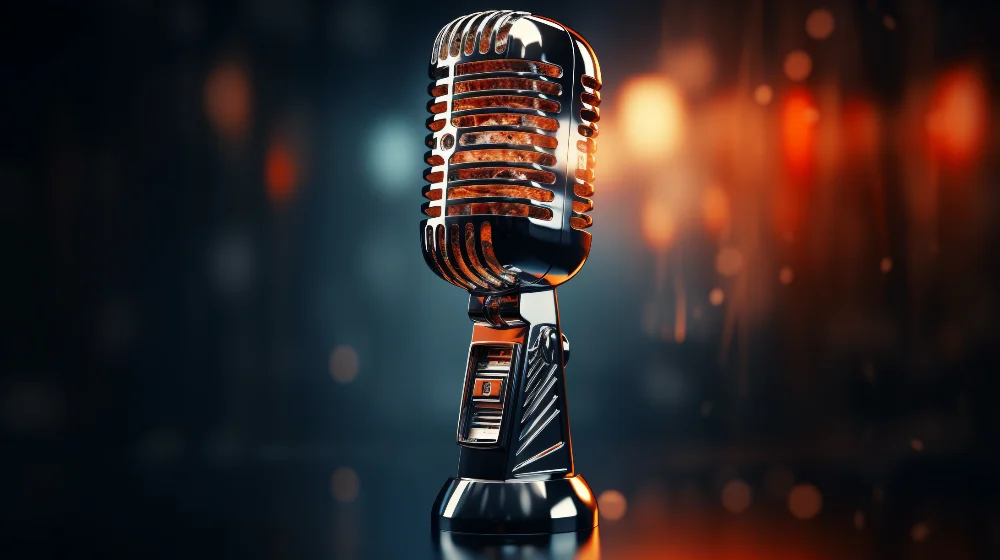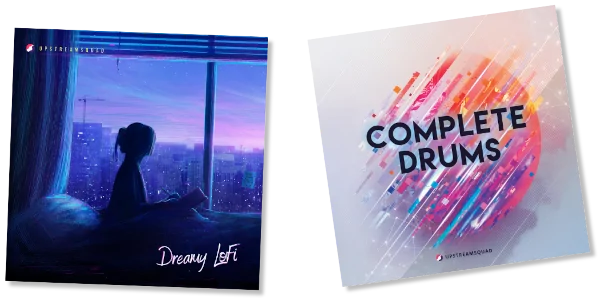Have you ever wondered who’s responsible for the invention of Auto-Tune?
Well, you’re in luck because this article will reveal the fascinating story behind this widely-used vocal plug-in.
In the late 1990s, a brilliant engineer named Andy Hildebrand, founder of Antares Audio Technologies, revolutionized the music industry with his groundbreaking creation.
Originally designed to correct pitch inaccuracies, Auto-Tune quickly became a game-changer, finding its way into the mainstream and shaping the world of music production.
Join us as we uncover the journey of Auto-Tune’s creation and its impact on the industry.
If you’re looking for free auto tune VST plugins be sure to check out the largest collection of free music production tools on the web, SoundShockAudio.
Key Takeaways
- Auto-Tune was developed by Dr. Andy Hildebrand of Antares Audio Technologies in 1997.
- Cher’s 1998 song “Believe” popularized the use of Auto-Tune in mainstream music.
- T-Pain’s partnership with Antares and the release of the “I Am T-Pain” app helped popularize Auto-Tune further.
- Auto-Tune has faced backlash and criticism from some artists and critics for its impact on music and perception of talent.
Introduction to the Auto-Tune Effect
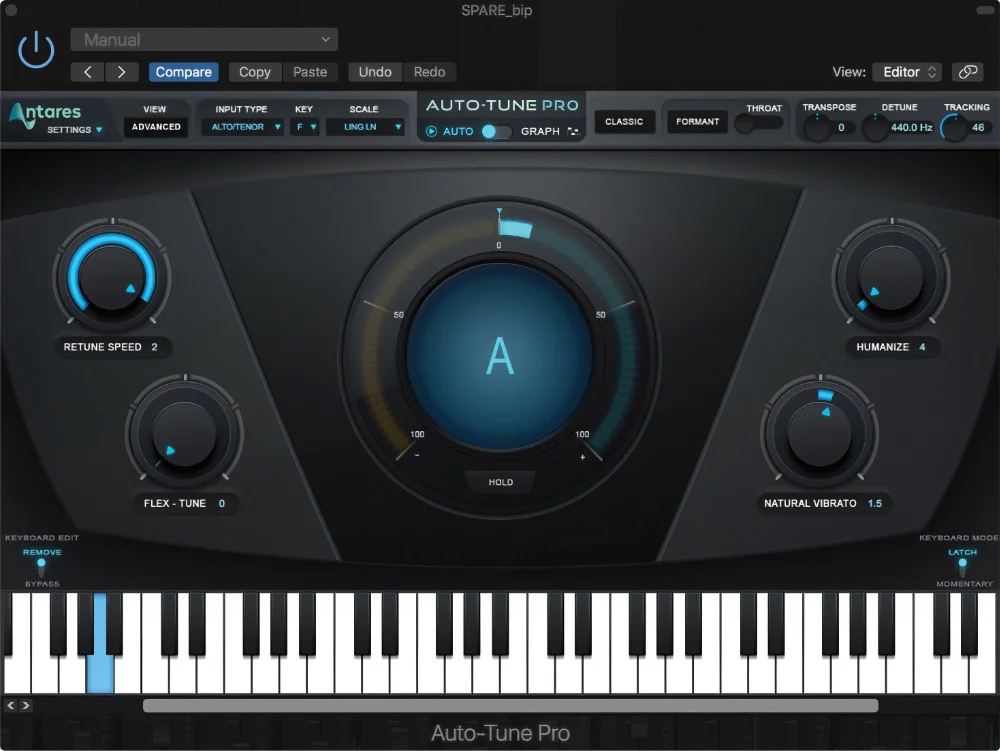
Auto-Tune is a widely used vocal plug-in developed by Antares Audio Technologies and first released in 1997. Its primary function is to correct pitch in vocal recordings, but it has also become popular for its ability to enhance vocal performances and provide creative opportunities for vocal effects.
Auto-Tune has had a significant impact on the music industry and has sparked debates about its use and the artificiality it can bring to music.
Overview and Definition of the Invention that Changed Music Forever
Auto-Tune, a widely used vocal plug-in, was developed by Antares Audio Technologies in 1997. It was created by Andy Hildebrand, a research engineer specializing in digital signal processing.
Auto-Tune is an audio processor that measures and alters pitch in vocal and instrumental music recording and performances. Originally designed to correct off-key inaccuracies, Auto-Tune has become popular for its ability to provide vocal effects.
Hildebrand implemented the algorithm on a custom Macintosh computer and presented it at the NAMM Show in 1996. The technology behind Auto-Tune was patented and launched in September 1997. It revolutionized the music industry by introducing pitch correction to enhance performances.
Notable artists like T-Pain have embraced Auto-Tune, making it synonymous with their sound. Despite controversies, Auto-Tune remains a significant tool in modern music production.
Who Invented Autotune: Invention and Development of Auto-Tune
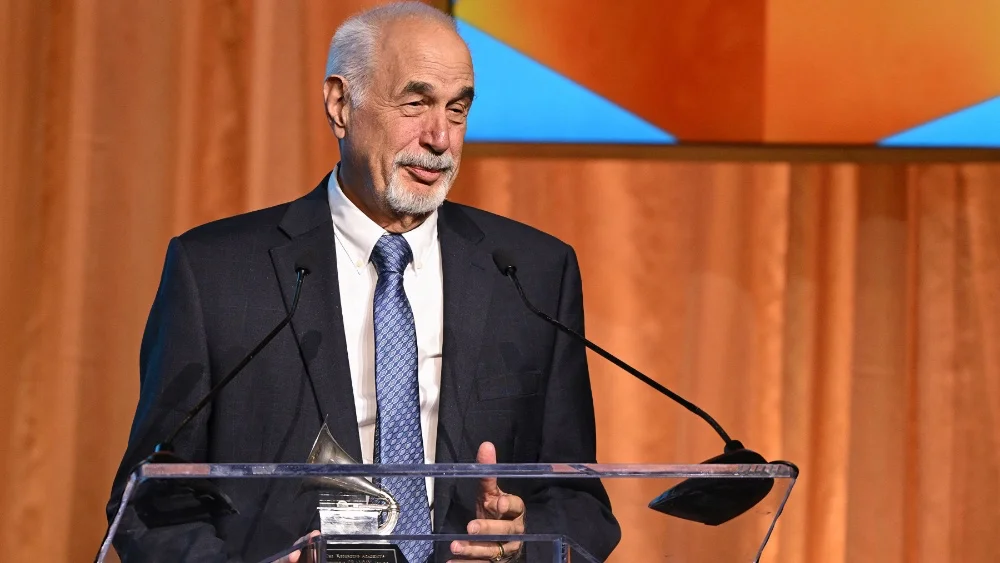
Let’s delve into the invention and development of Auto-Tune.
Dr. Andy Hildebrand, the founder of Antares Audio Technologies, is the inventor of Auto-Tune.
Initially developed for the oil industry, Hildebrand’s idea of applying pitch correction to music revolutionized the music industry.
The Inventor of the Auto-Tune software: Dr. Andy Hildebrand
Dr. Andy Hildebrand, a research scientist in the geophysical industry, is the brilliant mind behind the invention and development of Auto-Tune. Hildebrand, who specialized in seismic data exploration, used his expertise in audio to map below the earth’s surface. After leaving the geophysical industry, he studied music composition at the Shepard School of Music at Rice University. It was during this time that Hildebrand developed the algorithms that would later become the foundation of Auto-Tune. In 1989, he founded Antares Audio Technologies and introduced Auto-Tune to the world in 1997. This groundbreaking technology revolutionized the music industry by providing pitch correction for vocal and instrumental performances. Thanks to Dr. Andy Hildebrand’s innovative work, Auto-Tune has become a staple tool in the music industry, allowing artists to enhance their singing voice and create unique vocal effects.
| Year | Event |
|---|---|
| 1989 | Dr. Andy Hildebrand founded Antares Audio Technologies |
| 1997 | Auto-Tune was first introduced to the public |
| 1998 | Cher’s “Believe” popularized the use of Auto-Tune |
| Present | Auto-Tune is widely used in the music industry |
Note: This table highlights key events related to Dr. Andy Hildebrand and the invention of Auto-Tune.
Technical Breakthroughs
One key technical breakthrough in the invention and development of Auto-Tune was the implementation of pitch correction algorithms by Dr. Andy Hildebrand, the founder of Antares Audio Technologies.
Dr. Hildebrand, a research engineer specializing in digital signal processing, initially developed these algorithms for the oil industry. However, he soon realized the potential application of pitch correction in music after a colleague’s request.
By applying geological system logic to pitch correction, Dr. Hildebrand revolutionized the music industry. He implemented the pitch correction algorithm on a custom Macintosh computer and presented it at the NAMM Show in 1996.
This breakthrough led to the creation of Auto-Tune, which discreetly corrects imprecise intonations in music and is now widely used for vocal effects.
Auto-Tune’s Impact on Music
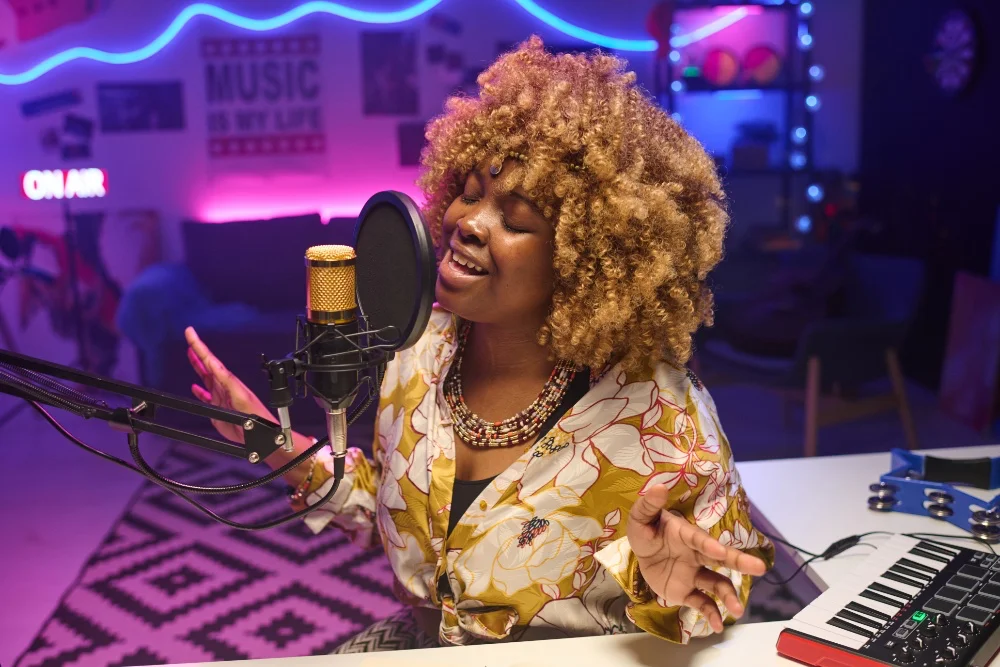
Auto-Tune has had a significant impact on the music industry. It has led to both backlash and artistic defense. Some critics argue that Auto-Tune ruins music by creating an artificial sound and lack of authenticity. However, proponents of Auto-Tune argue that it opens up new possibilities for artistic expression. They also argue that it has become a recognizable and influential sound in contemporary popular music. The debate surrounding Auto-Tune’s impact on music continues to spark discussions and shape the future of the industry.
Download the best free auto tune plugins available.
The Backlash Against Auto-Tune
The criticism and backlash against the use of Auto-Tune in the music industry has sparked debates and raised concerns about its impact on the authenticity and integrity of musical performances. Some of the main criticisms and controversies surrounding Auto-Tune include:
- Death Cab for Cutie protested against the use of Auto-Tune at the 51st Grammy Awards in 2009, bringing attention to its potential abuse in the industry.
- Jay-Z released a song titled ‘D.O.A. (Death of Auto-Tune)’ criticizing its overuse and calling for a return to more authentic music.
- Critics argue that the robotic sound created by Auto-Tune diminishes the emotional connection between the singer and the audience.
- Many artists who refuse to use Auto-Tune believe that it promotes artificiality in music and devalues the importance of natural talent.
These concerns highlight the ongoing debate about the role of Auto-Tune in the music industry and its potential impact on the artistry and authenticity of musical performances.
Artistic Defense of Auto-Tune
Now let’s delve into the impact of Auto-Tune on music and its artistic defense, exploring how this technology has shaped and influenced the industry.
Auto-Tune has had a profound effect on the music industry, with many artists using it as a creative tool to enhance their performances and achieve specific vocal effects. Kanye West, for example, incorporated Auto-Tune in his album ‘808s & Heartbreak’ to represent his fragmented soul after his mother’s death.
The band Death Cab for Cutie protested against Auto-Tune’s overuse, but many artists argue that it opens up new possibilities in pop music, particularly in genres like hip-hop and R&B.
Auto-Tune allows artists to experiment with their sound and express their emotions in unique ways, making it a valuable artistic tool for many musicians.
Controversies and Criticisms

Auto-Tune hasn’t been without its controversies and criticisms. Some argue that it promotes artificiality in music and diminishes the importance of natural talent. There’s also a debate over whether it’s used as a crutch for poor vocal performances.
Despite these criticisms, others argue that Auto-Tune opens up new possibilities in pop music and allows artists to enhance their artistic expression.
The Backlash Against Auto-Tune
Criticism and controversy have surrounded the use of Auto-Tune, with concerns raised about its impact on the authenticity and integrity of music. Some of the main criticisms and controversies surrounding Auto-Tune include:
- Death Cab for Cutie: The band Death Cab for Cutie protested against the use of Auto-Tune at the 51st Grammy Awards in 2009. They wore blue ribbons to raise awareness about the overuse and abuse of Auto-Tune in the music industry.
- Jay-Z: Rapper Jay-Z released a song titled ‘D.O.A. (Death of Auto-Tune)’ in 2009, criticizing the overuse of Auto-Tune and its negative effects on the music industry.
- Lack of authenticity: Auto-Tune has been accused of creating a homogenized sound in popular music and diminishing the importance of natural talent. Some argue that it allows singers to rely on technology rather than developing the skill to sing in tune.
- Manipulation and deception: Auto-Tune has been seen as a tool for manipulating and deceiving listeners, as it can create a perfect pitch even for singers who may not possess strong vocal abilities.
Despite these controversies, Auto-Tune continues to be widely used in the music industry and has become a distinctive sound in contemporary popular music.
Artistic Defense of Auto-Tune
Despite the controversies surrounding it, many artists passionately defend the use of Auto-Tune in their music. Auto-Tune has become a powerful tool for artists to enhance their vocal performances and unleash their creativity.
Artists like T-Pain and Lil Wayne have embraced Auto-Tune as a means of artistic expression. They argue that Auto-Tune allows them to explore new sounds and emotions, adding depth and uniqueness to their music.
Additionally, some artists compare the use of Auto-Tune to the use of other technological advancements in the music industry, such as synthesizers. They believe that Auto-Tune is simply another tool that can be used to enhance the overall musical experience.
Despite the criticisms, many artists continue to use Auto-Tune as a valuable tool in their artistic endeavors.
Legacy and Evolution of Auto-Tune
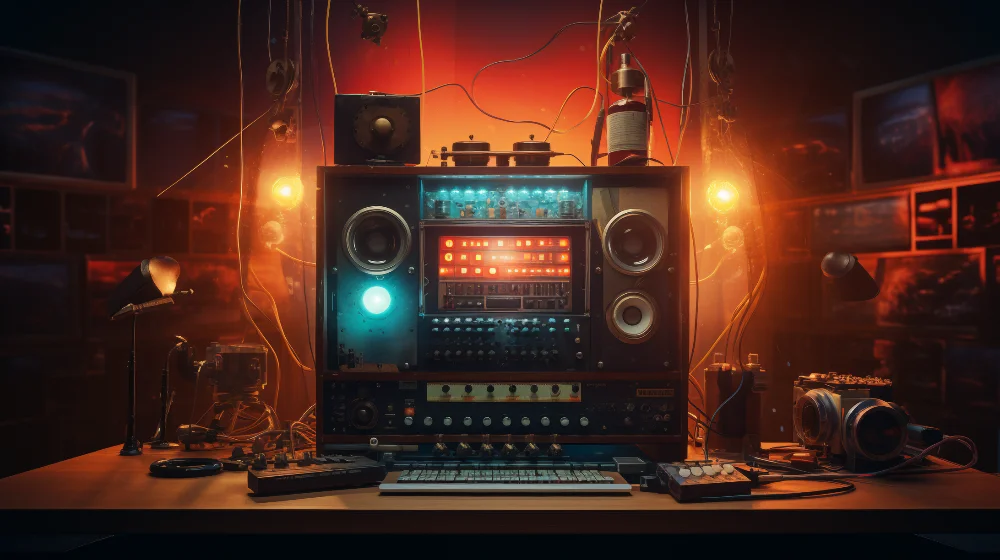
Auto-Tune has evolved from its initial purpose of discreetly correcting pitch inaccuracies to becoming a cultural phenomenon in the music industry. It has revolutionized popular music and is now more entrenched than ever, with artists like T-Pain and Kanye West embracing and incorporating Auto-Tune into their music.
Despite controversies and criticisms, Auto-Tune remains a significant and influential tool in modern music production, sparking discussions and debates about its ethics and impact on the authenticity of music. Its future prospects continue to be shaped by ongoing advancements in technology and the evolving creative possibilities it offers.
Auto-Tune as a Cultural Phenomenon
As an avid music enthusiast, you may be fascinated by the cultural phenomenon that Auto-Tune has become, shaping the legacy and evolution of the music industry.
Auto-Tune, once a discreet tool for pitch correction, has evolved into a prominent feature in popular music, with both positive and negative effects. Here are four key aspects of Auto-Tune’s cultural impact:
- Pioneering artists: Cher’s 1998 hit song ‘Believe’ brought Auto-Tune to the mainstream, popularizing its distinctive robotic sound. T-Pain became synonymous with Auto-Tune, using it extensively in his music and inspiring other artists to embrace the technique. Find out one of the first songs to use Autotune.
- Controversies: Auto-Tune has faced criticism for promoting artificiality in music, diminishing the importance of natural talent, and creating a homogenized sound in popular music. Some artists, like country musicians Allison Moorer and Garth Brooks, refuse to use Auto-Tune.
- Positive perspectives: Despite the controversies, Auto-Tune has opened up new possibilities in pop music, especially in genres like hip-hop and R&B. Artists like Kanye West and Lil Wayne have used Auto-Tune to express their emotions and create unique artistic representations.
- Impact on media: Auto-Tune hasn’t only influenced the music industry but has also made its mark in popular media. It has been parodied on shows like ‘Saturday Night Live’ and used by the Gregory Brothers to create viral videos. Auto-Tune’s effects have extended beyond music, finding applications in film and advertising.
Auto-Tune’s cultural significance continues to evolve as artists push the boundaries of its creative potential and audiences grapple with its impact on the authenticity of music.
Current Status and Future Prospects
You may be wondering about the current status and future prospects of Auto-Tune, a tool that has revolutionized the music industry.
Auto-Tune continues to be widely used in the music production process, with newer versions offering enhanced features and capabilities. It has become an integral part of modern music, particularly in genres like hip-hop and pop.
Artists such as T-Pain, Kanye West, and Cher have embraced Auto-Tune and incorporated it into their music, further cementing its presence in the industry.
However, Auto-Tune has also faced criticism for promoting artificiality in music and diminishing the importance of natural talent.
Despite these controversies, Auto-Tune remains a significant tool in music production and is likely to continue evolving to meet the changing needs and preferences of artists and listeners.
The Evolution of Auto-Tune in the Music Industry
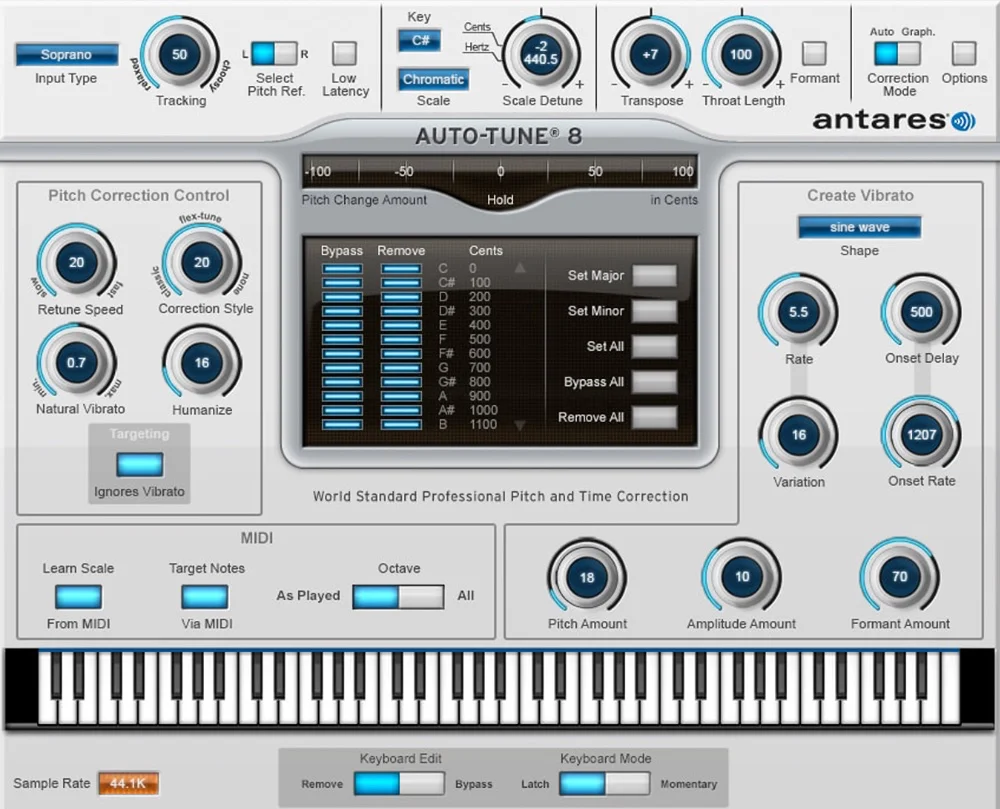
In the rich history of auto-tune, it’s fascinating to see how this technology called Auto-Tune revolutionized the way we hear the human voice in music. Auto-Tune alters the pitch of a singing voice, making everyone sound perfectly in tune. This invention changed music forever, becoming a staple in music technology and music production.
From its early days, when Hildebrand realized its potential, to its widespread use in recording studios, Auto-Tune has become an integral part of modern music. It’s interesting to note that while Auto-Tune became popular for its pitch-correcting capabilities, it also sparked a movement of awareness about auto-tune abuse. This was evident when artists started wearing blue ribbons to “raise awareness about Auto-Tune abuse” at events like the Grammy Awards.
The term “Death of Auto-Tune” became popular after Jay-Zâs song under the same name, signaling a backlash against over-reliance on this technology. However, despite the criticisms, Auto-Tune remained a popular tool, especially in R&B and hip-hop. The T-Pain effect, named after the artist who extensively experimented with Auto-Tune, is a testament to its lasting impact.
In essence, Auto-Tune has entrenched itself more than ever in the fabric of modern music. From Cher’s “Believe” to Travis Scott’s experimental uses, it has shaped how a popular song can sound. Auto-Tune may have faced its share of controversy, but it has also demonstrated its ability to enhance the vocal sound and bring a unique character to a piece of music. It’s a technology that, despite its ups and downs, has firmly established itself as an irreplaceable part of the music industry.
FAQ
Who is the inventor of autotune?
Autotune was invented by Dr. Andy Hildebrand, a former scientist at Exxon and music enthusiast in 1997.
How has autotune influenced Hip Hop and Rhythm & Blues music?
Autotune introduced a new dimension of sound to these genres, allowing artists to experiment with their voice as an instrument and create unique vocal effects previously unachievable. It also changed the aesthetic of popular music by making pitch perfect singing less important than creative expression.
Can you name some famous artists who use autotune in their music?
T-Pain, Kanye West, Future, and Cher are among many artists known for using autotune extensively in their work.
What was the first major hit song that featured the usage of autotune?
The first major hit song that used autotune was Believe by Cher released in 1998.
Has there been any controversy or criticism regarding the use of autotune in music artistry?
Yes, critics argue that it undermines true musical talent and creates a homogeneous sound across different songs and artists. However, others see it as a tool for creativity and self-expression.
Final Thoughts
You have now discovered the fascinating story of the inventor behind Auto-Tune. Through the brilliance of Andy Hildebrand, this revolutionary vocal plug-in has transformed the music industry.
From its beginnings as a simple pitch correction tool, Auto-Tune has become a game-changer, offering unique vocal effects and enhancing performances.
Despite controversies and criticisms, Auto-Tune continues to evolve and leave a lasting impact on the world of music.
So next time you hear a perfectly tuned voice, remember the journey of Auto-Tune and its remarkable legacy.


